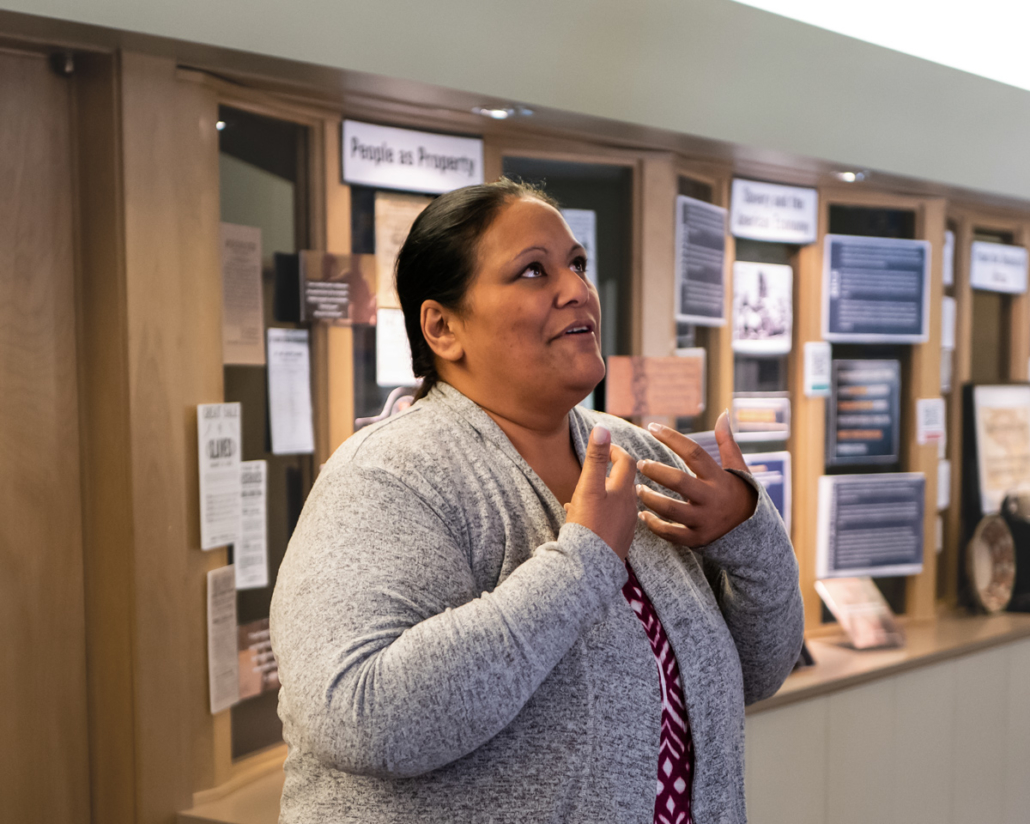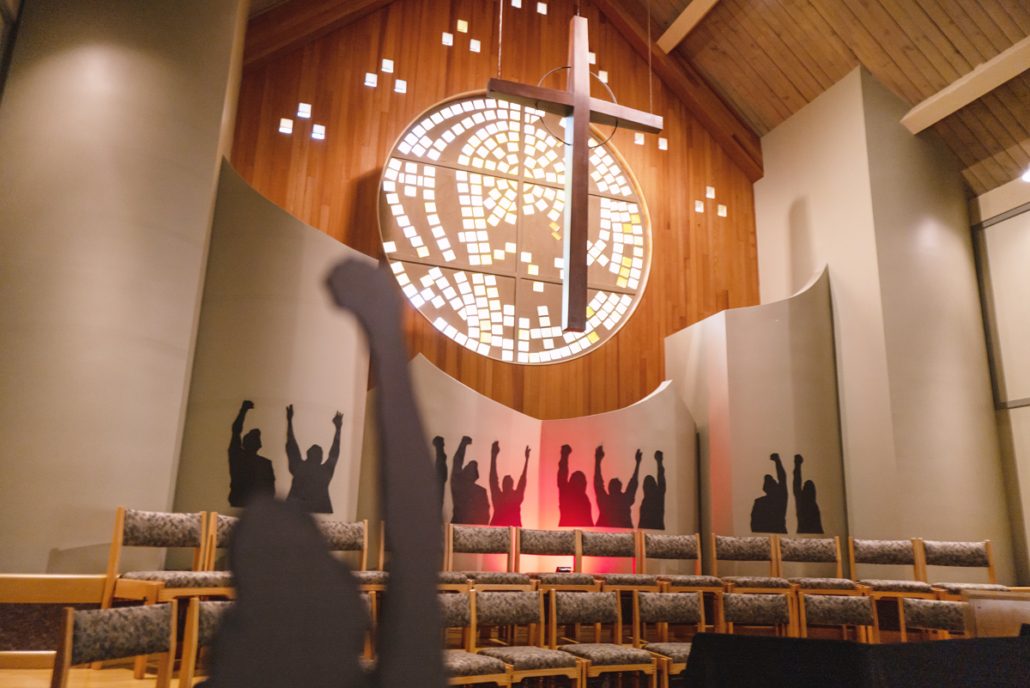In Our Shoes
One of the turning points in the Civil Rights movement was the brutal murder of Emmett Till and his mother’s insistence on an open casket funeral.
She demanded that the world see the ugly and haunting truth.
Her bold act is reminiscent of Jesus’ mother and the women at the cross who “stood” and “beheld” Jesus being lynched. It reminds us of Lamentations in which “Daughter Zion” (the main character) who after having been abused and brutalized beyond recognition asks repeatedly (5 times) for both God and us to “look and see”/“behold” her suffering. As Kathleen O’Conner writes, “The first condition of healing is to give voice to pain.”
This is exactly what Lake Burien Presbyterian Church did.
In July of 2019, thirty-one people from this small community church, led by Lina Thompson who also serves as a Street Psalms Senior Fellow and Hub Director, embarked on a week-long pilgrimage called, “The Gospel & Politics of Race” (led by Lisa Sharon Harper and her team called Freedom Road Associates). They started in Montgomery, Alabama, traveled by bus through the Mississippi Delta to Memphis, Tennessee and ended in Ferguson, Missouri.
Their journey traced the history of racialized terror committed against Africans and those of African descent in this country; from enslavement to mass incarceration and the major movements and many of the key stories between. This important narrative remains largely hidden and conveniently ignored as part of our collective “knowing” of US history, as well as the history of the complicity of the Christian church.
Upon their return, the church created an exhibit entitled “In Our Shoes”, designed to share their experience. What followed shocked everyone. More than 1,000 people, including the Street Psalms board, attended the local exhibit. A Seattle news station covered the story.
This is how those that participated in the pilgrimage and created the exhibit described it:
‘In Our Shoes’ bears witness to the faith, grace, courage, humanity, and strength of those who suffered, and continue to suffer, the violence of white supremacy. We hope this exhibit honors the sacred stories we heard and the people we met. We commit ourselves with others, past and present, to resist evil in all of its forms and to work toward a more humane and just world. We must do better.
What Lina’s church is doing is the hard work of Incarnational leadership. Some call it “shadow work”. They took a risk, bearing witness to what they saw and invited the rest of us to look and see…until we can finally see what’s really going on. Such vision does way more than we dare to summarize here, but at the very least it reveals that the victim does not suffer alone. If we hold the gaze of Emmit Till long enough we begin to see Christ himself.
At Street Psalms we’ve spent more than two decades learning to see in this way. Doing theology from below is not for the faint of heart, but as more than 1,000 people can attest, it’s our only hope of healing.
“Behold the lamb of God who takes away the sin of the world.” (John 1:29).
Missional Question
How is God’s smile of scandalous grace inviting you to risk kinship with those your culture, faith, and tradition have taught you to resist?
Stories that remind us what is possible when leaders undergo the Incarnational Movements.


